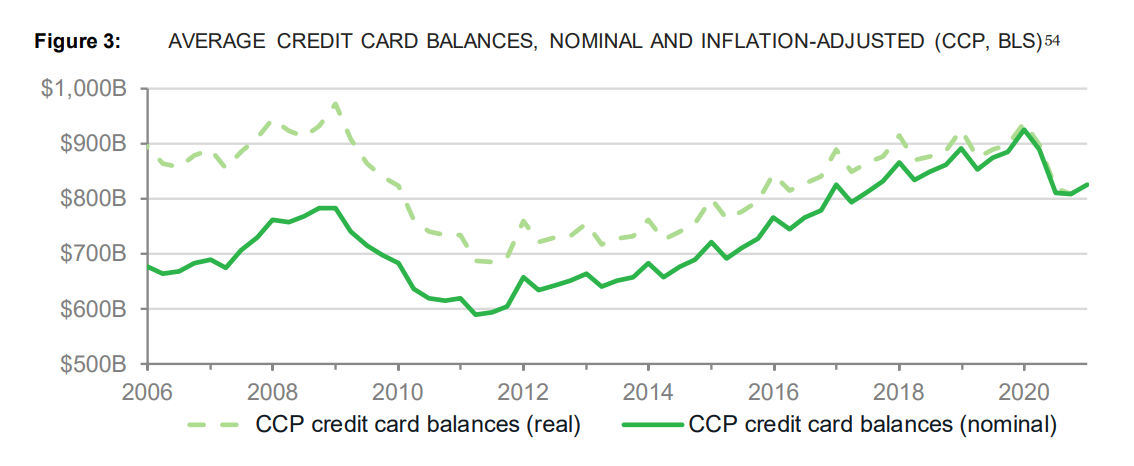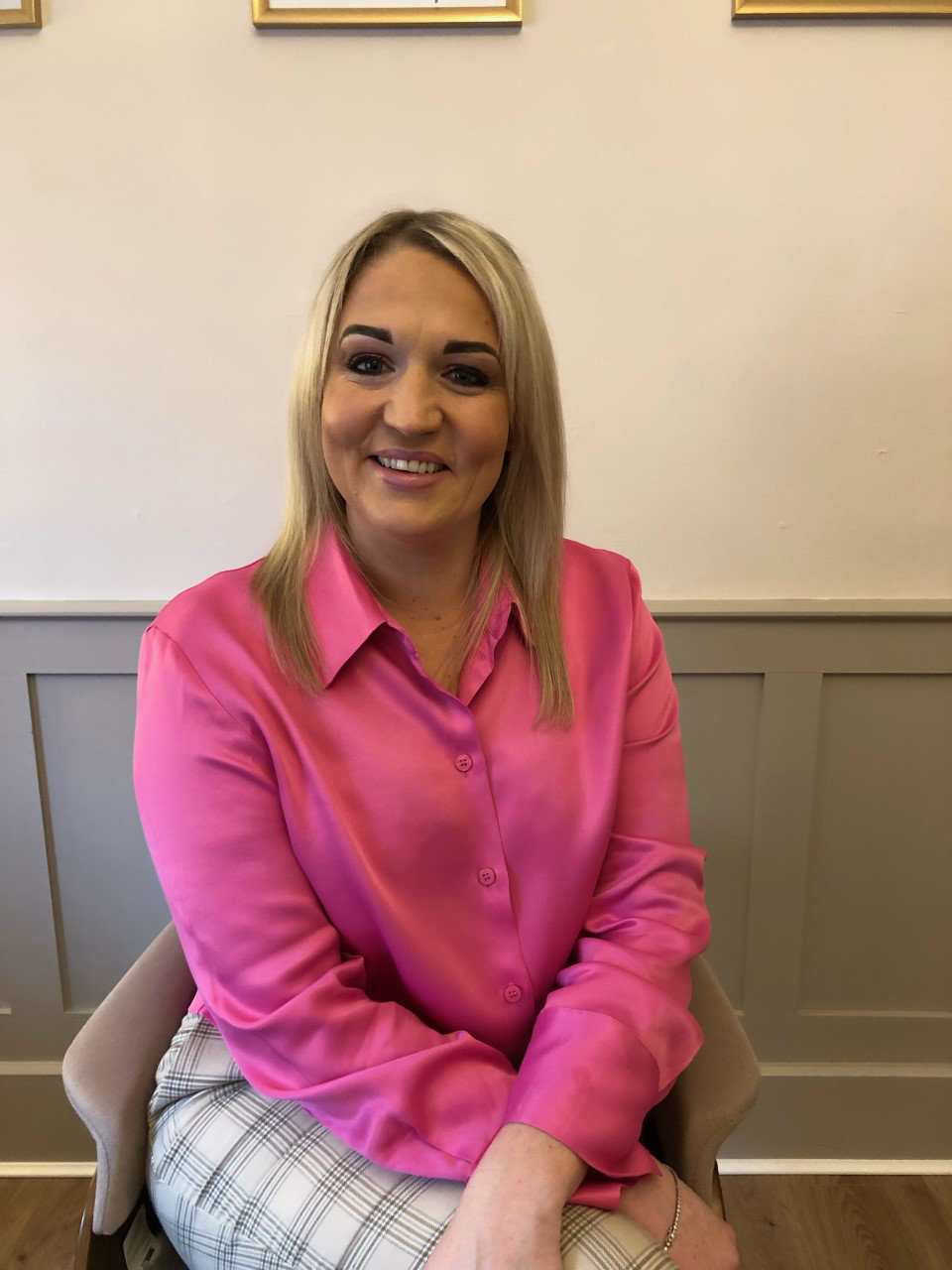It can be difficult to survive financially as a single parent. There are a lot of expenses that you have to cover, and it can be hard to make ends meet without getting at least 3 month payday loans. However, with a little bit of planning and organization, you can make it through this tough time. In this blog post, we will discuss some tips for surviving financially as a single parent.
Figure Out What You Owed
The first step to surviving financially as a single parent is to determine what you owe. You need to know how much money you owe in order to make a plan to pay it off. Make a list of all of your debts and their interest rates. This will help you prioritize which debts to pay off first.
Anyone who has ever tried to stick to a budget knows that it takes a lot of work and discipline. However, as the head of the household, it is your responsibility to make sure that your family’s needs are met. This means being diligent when it comes to money management basics. By taking the time to get organized, you will be better prepared to make sound financial decisions for your family.
Feeling anxious about your debt? You’re not alone. In the United States, the average household has more than $15,000 in credit card debt. But don’t despair! There are steps you can take to get your debt under control. The first step is to go through all of your bills and pay anything that is due within the next week.
This will help you avoid late fees and keep your account in good standing. If you have bills coming due that you cannot pay, notify the company and ask them to set up a payment plan with you. This way, you can make smaller payments over time instead of one large payment that you may not be able to afford.
Once you’ve taken care of your immediate debts, it’s time to start chipping away at your overall debt load. Print a copy of the chart “Paying Down My Debts” or make your own. On the chart, list all of your debts, including any car loans, student loans, and credit card debt.
In addition, list the total balance left to be paid on all of these debts, and the percentage rate you are paying. This will give you a clear picture of where you stand financially. With this information in hand, you can begin to develop a strategy for paying down your debt.
Reduce Or Eliminate All Joint Debt
If you and your spouse have joint debt, such as a car loan or credit card debt, it is important to eliminate this debt as soon as possible. This will help you avoid any financial problems in the future if you should get divorced or separated. One way to do this is to transfer the balance of the joint debt to a credit card in one spouse’s name only. This will help to keep both spouses’ credit scores high and avoid any financial difficulties if the couple should split up.
Another option is to sell any joint assets, such as a car, and use the proceeds to pay off the debt. This may not be the most convenient option, but it will help to eliminate the debt quickly.
Save For Your Future
Once you have eliminated your debt, it is important to start saving for your future. This may seem difficult, but even setting aside a small amount each month can add up over time. One way to do this is to set up a budget and make sure that you include a line item for savings.
This will help you make sure that you are putting money away each month for your future. Another option is to set up a dedicated savings account and have a certain amount automatically transferred from your checking account each month.
Find Money to Pay Down Debt
Once you have determined what you owe and created a plan to pay it off, it is time to start looking for ways to come up with the money to make those payments. One option is to get a part-time job or pick up some extra hours at work. This can be difficult if you are already working full-time, but it may be necessary in order to get your debt under control.
Another option is to sell some of your belongings that you no longer need or use. This may include clothes, furniture, electronics, or anything else that you can live without. Finally, you can look into taking out a personal loan from a friend or family member. This should be a last resort, but it may be necessary in order to get your debt under control.
Pay Off Your Debt
Once you have found ways to come up with the extra money each month, it is time to start paying off your debt. Begin by making the minimum payment on all of your debts except for the one with the highest interest rate. Once that debt is paid off, you can start putting more money towards the next debt on your list. Continue this process until all of your debt is paid off. It may seem like a daunting task, but it is possible to get out of debt and start saving for your future.
In Conclusion
By following these tips, you can make it happen. Start with the bills that are due within the next week. This will help you avoid late fees and keep your credit score high. Once you’ve paid those bills, you can start working on your overall debt load.
If you are struggling to make ends meet, it may be necessary to get help from a government assistance program or a non-profit organization. These programs can help with food, housing, and other basic needs. They may also offer financial counseling to help you get your finances back on track. No matter what your situation, it is possible to get out of debt and start saving for your future.








